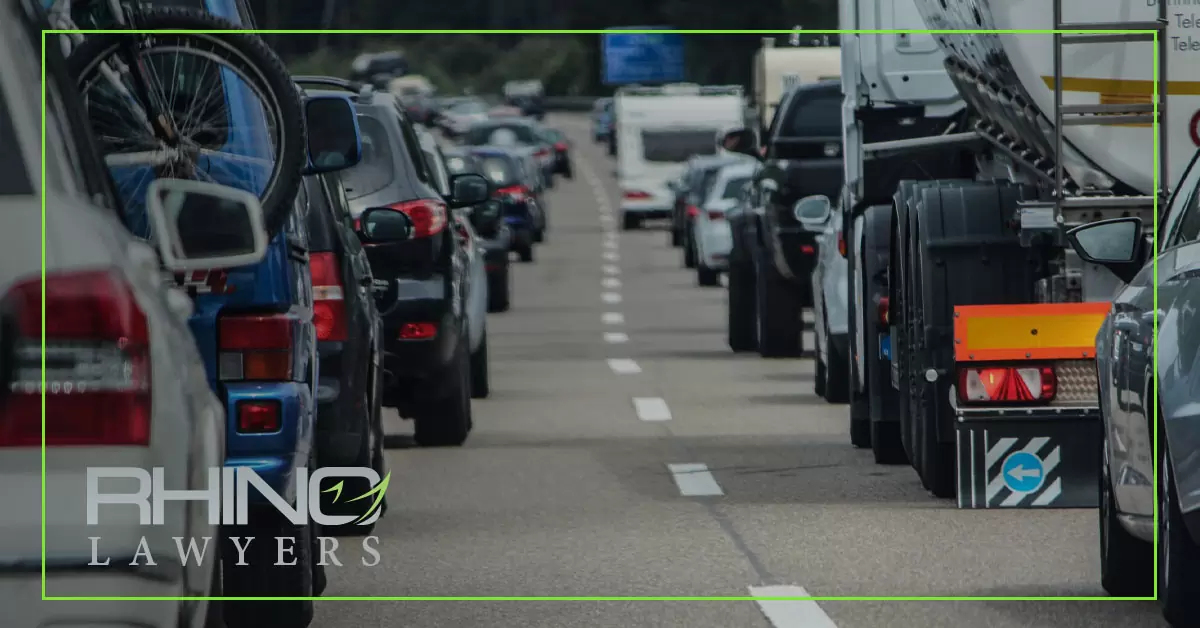Navigating the world of traffic laws can be tricky. Often, we hear the term “traffic violation” and wonder what it really means. Is it just a minor inconvenience, or can it be considered a crime? Let’s break it down in simple terms.
What Is a Traffic Violation?
A traffic violation occurs when a driver breaks a rule set by traffic law. This could be anything from speeding and running a red light to not wearing a seatbelt. Most of these incidents are considered infractions or minor violations, which usually result in a fine.
How Serious Are Traffic Violations?
While most traffic violations are not considered crimes, they shouldn’t be taken lightly. Typically, these are classified as infractions, which do not carry criminal penalties like jail time. However, repeated offenses or very hazardous violations can escalate to misdemeanors or even felonies, especially if they result in injury or property damage.
What Happens if You Get a Traffic Ticket?
If you receive a traffic ticket, it means you’ve been cited for a violation. You can usually pay the fine, attend a traffic school, or, in some cases, contest the ticket in court. For residents of New Jersey, using the NJMCDirect system can simplify the process of handling a traffic ticket. This system allows you to perform an NJ ticket lookup and even pay fines online through a secure platform making it more convenient to deal with the consequences of a traffic violation.
When Can a Traffic Violation Become a Crime?
Traffic violations turn into crimes when they are severe enough to endanger others or violate state laws significantly. For example, driving under the influence (DUI) or hit-and-run incidents are serious offenses that are typically treated as misdemeanors or felonies. In these cases, a violation transcends being a mere breach of road rules and becomes a criminal matter with potentially severe ramifications.
Why Should You Care About Traffic Laws?
Understanding and following traffic laws is crucial for your safety and the safety of others on the road. By adhering to these laws, you help prevent accidents and contribute to a smoother flow of traffic. Ignorance of these rules can not only lead to fines or legal troubles but can also endanger lives.
What Should You Do After Receiving a Traffic Ticket?
If you find yourself with a traffic ticket, here are some steps you can take:
- Review the Ticket: Make sure all the information is correct and understand what you are being cited for.
- Decide How to Respond: You can choose to pay the fine, contest the ticket in court, or sometimes attend traffic school to avoid points on your license.
- Pay Online: For those in New Jersey, you can use NJMCDirect NJ Ticket Lookup to quickly handle your ticket. This convenient online system lets you handle payments and check your ticket details without needing to visit the court.
How Can You Avoid Traffic Violations?
Staying out of trouble on the road isn’t just about driving cautiously. Here are some tips to keep in mind:
- Stay Informed: Keep up with changes in traffic laws in your area.
- Regular Vehicle Maintenance: Ensure your vehicle is in good working order, as failures like brake lights or turn signals can lead to violations.
- Drive Defensively: Be aware of the traffic around you, anticipate potential problems, and avoid aggressive driving behaviors.
What Are the Long-Term Impacts of Traffic Violations?
Traffic violations can have several long-term consequences, particularly if they accumulate or are severe:
- Insurance Rates: Accumulating traffic violations can lead to higher car insurance premiums.
- Driving Record: Violations can stay on your driving record for years, affecting various aspects of your driving privileges.
- Employment Opportunities: Certain jobs, especially those involving driving, may be hard to secure if you have a serious traffic violation on your record.
To conclude, while most traffic violations are infractions, they can escalate to criminal offenses under more serious circumstances. It’s important for all drivers to understand the significance of their driving decisions and the impact they can have on their legal standing. Always strive to drive responsibly and stay informed about the traffic laws in your area to avoid any complications on the road.for further visit the website https://njmcdirectpay.us/,
FAQs
1. Can a parking ticket be contested?
Yes, you can contest a parking ticket if you believe it was issued in error.
2. Does a DUI always lead to jail time?
Not always; penalties vary by state and case severity but may include fines or probation.
3. Are seatbelt violations serious?
They are generally minor but repeated offenses can lead to increased penalties.



